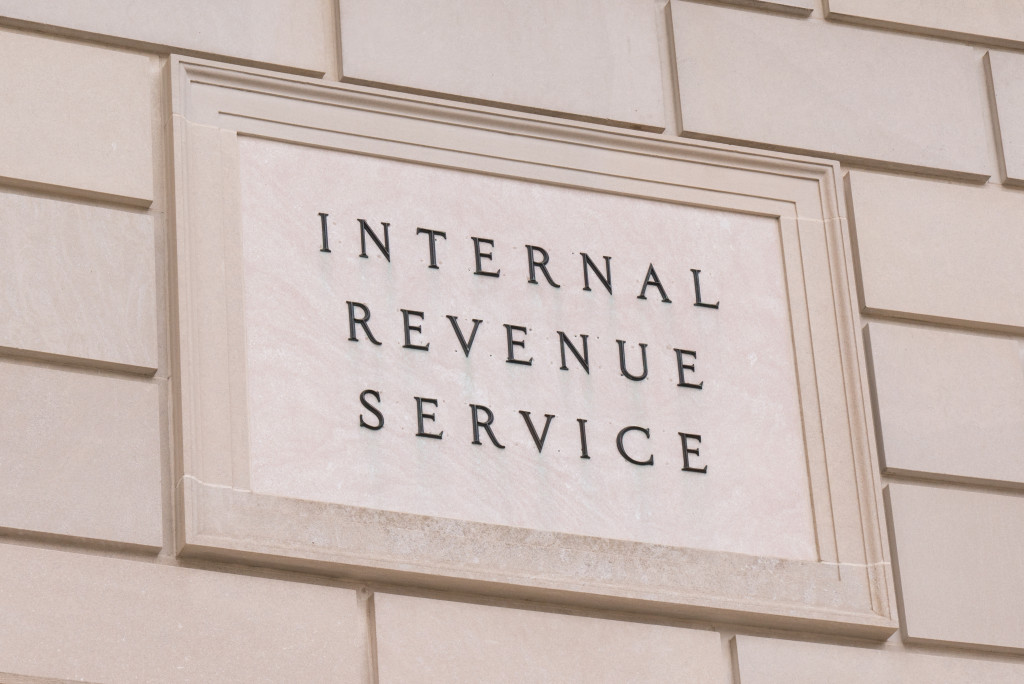The deadline for filing taxes usually falls on April 15th annually. When taxpayers cannot make the deadline for various reasons, they have the option to extend filing to October of that year. However, what happens if you miss the deadline without filing an extension?
Whether you have forgotten to file your tax returns or deal with urgent personal circumstances, there are consequences to missing the deadline. Approach tax resolution professionals should you run into issues during tax filing season. They have the expertise to guide you through the process and inform you of the best practices to avoid problems next time.
Still, it is essential to take time to educate yourself on the consequences of late tax filing so that you can stay on top of your tax responsibilities.
Why You Should Get an Extension
Getting a tax deadline extension incurs no additional payments on your end. You need to fill out Form 4868, then submit it online or in person. When successful, you get six more months to fix your paperwork before submitting it in October.
Note that you can only get an extension for filing your taxes, not paying them. Payments are still due by the tax filing deadline.
If you cannot file your taxes by the deadline, you incur penalties that add 5 percent to your owed amount per month with interest. On the other hand, penalties for late payments add 0.5 percent to your bill every month plus interest, which is lower than what you would owe for late filing penalties.
Note that you can quickly obtain the necessary forms online if you are out of town come the tax filing deadline. Acquiring these allows you to file electronically instead of in person.
When You Are Due a Refund from the IRS
If you are waiting to get a refund from the IRS, the good news is that you are exempt from the penalties of filing your tax late. However, the maximum amount of time you can claim your refunds is three years from its due date. After three years, the US Treasury gets the money owed to you instead.
This should not be an excuse not to file your taxes, however. You will only be able to claim the money when you file, so early filing gets you your refund much faster.
You can also only electronically file tax returns from the current tax year. Individuals who want to file the previous year’s tax return have to submit paper forms via mail or in person.

When You Owe Tax Payments to the IRS
As previously mentioned, filing late and failing to pay your taxes by the due date incurs you two different penalties: one worth 5 percent per month for late filing, and another worth 0.5 percent per month for late payments that can add up to a maximum of 25 percent. Interest also applies to both penalties.
Be careful of the interest you could accumulate due to nonpayments. Interest gets added onto your owed amount from the first day you are unable to pay on time. When you do not pay at all, there is more money for the IRS to charge you interest on, resulting in a large amount added on top of the money you already owe the government.
The IRS typically has 10 years to collect the balance owed by a party, starting from the assessment date (tax deadline date for that year or the date of actual tax filing).
What to Do When You Cannot Afford to Pay
Firstly, file your tax returns still even when you cannot fully pay for the money you owe. This scheme keeps you from accumulating late tax filing penalties that will make it even harder to bear.
Upon filing, request for a monthly installment payment plan by submitting Form 9465 along with your tax return papers. You can also apply for it electronically.
Note that the IRS will charge fees for arranging an installment payment plan unless you can repay everything within 120 days. Direct debit arrangements reach up to $107, and non-direct debit payments can cost up to $149 when you accomplish filing your taxes in person, through the phone, or via mail. Qualified low-income individuals are usually able to pay cheaper fees for setting up their installment plans.
You incur more inconveniences and money owed when you file your tax returns late. File taxes on time regardless of your capability to pay them, then seek out payment alternatives to ease the financial burden on your part.





